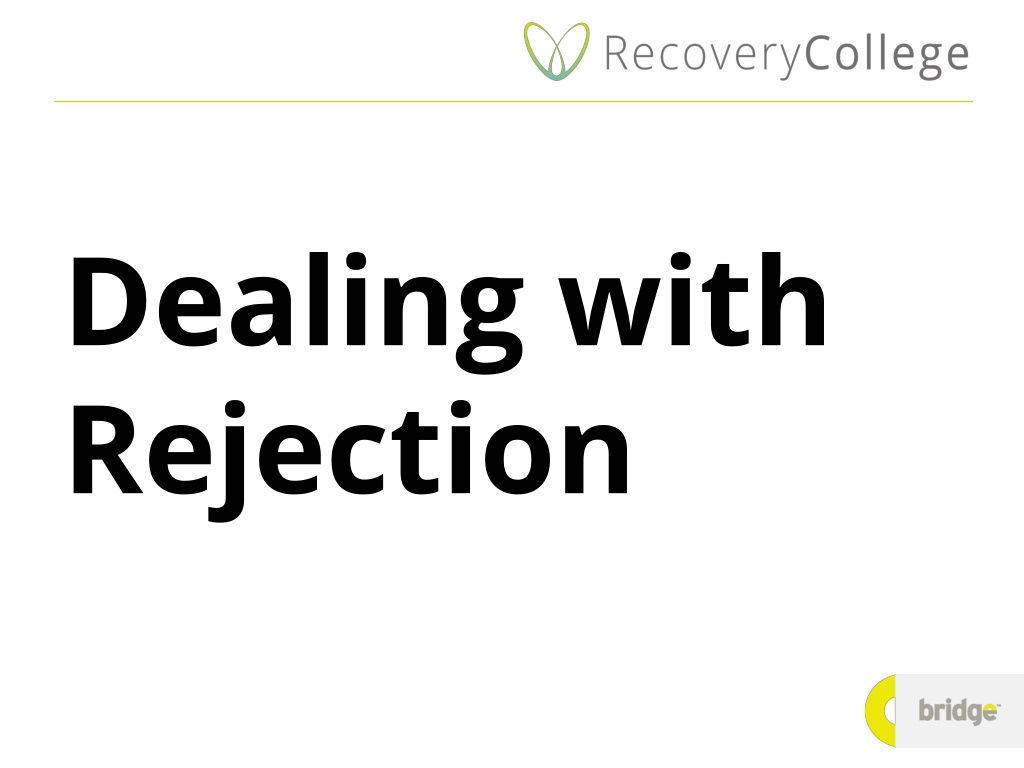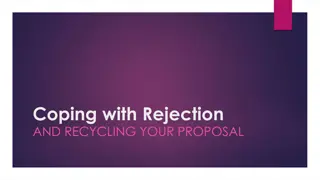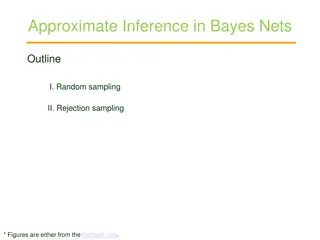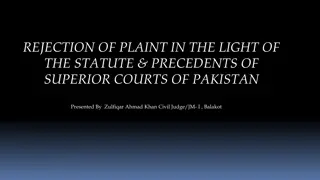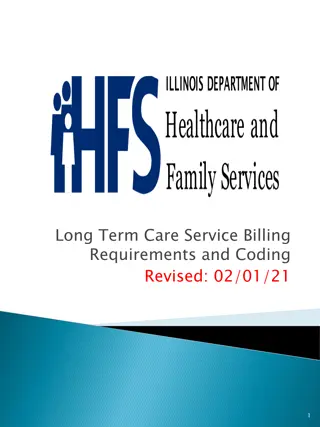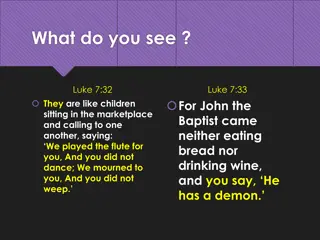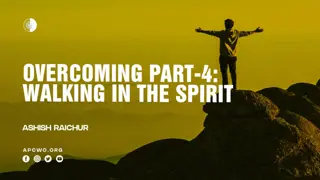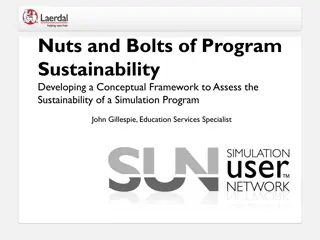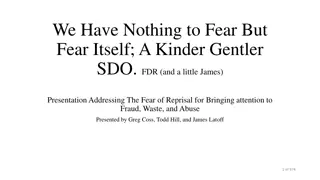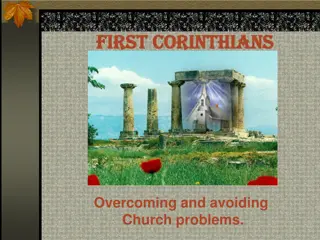Understanding and Overcoming Rejection in Life
Dealing with rejection is a challenging aspect of life that everyone faces. Rejection can be painful, but it is also a part of growth and personal development. This article discusses the importance of embracing rejection, provides insights on why rejection can be beneficial, and offers practical tips on managing and learning from rejection experiences. Explore different perspectives and strategies to navigate rejection in a positive and empowering manner.
Download Presentation

Please find below an Image/Link to download the presentation.
The content on the website is provided AS IS for your information and personal use only. It may not be sold, licensed, or shared on other websites without obtaining consent from the author. Download presentation by click this link. If you encounter any issues during the download, it is possible that the publisher has removed the file from their server.
E N D
Presentation Transcript
Dealing with Rejection
Background No-one like rejection. Rejection hurts. And it hurts regardless of who is rejecting you or how you re getting rejected. Yet, rejection is part of life. What is the alternative? A life less lived? Rejection can serve as proof we are living our life to the fullest. Moreover, in order to grow, we have to be willing to step outside our comfort zone and take risks every so often. That s where the learning happens.
5 Rs of Managing Rejection Recall Re-adjust expectations Refocus on controllable areas Reconsider the process, not just the outcome Receive rejection
5 Rs of Managing Rejection Recall Recall a similar time when you ve felt this way, and got through it. Tell yourself that no matter how awful you feel right now, it will pass. Re-adjust expectations - Hope for the best but expect the worst. Whenever you re rejected, it s also a time to consider whether your expectations were realistic or not. Try setting preferences instead of hard expectations. Refocus Concentrate on those things you can control. You can t control what other people think or feel but you can control you how you respond to the situation. Reconsider the process Apply the lessons you can; learn from the process. Receive rejection Face it. Acknowledge the emotions involved rather than suppress, ignore or deny the pain. Treat yourself with compassion.
Life Lenses The most effective way you can view rejection is through any of three new life lenses . These lenses are viable alternatives to seeing the world from a single perspective, and each lens can help you intentionally cultivate more positive emotions.
Life Lenses The reverse lens The reverse lens allows you to ask yourself, What would a trusted, understanding friend say about my current situation? The long lens Wearing the long lens you ask, How will I most likely view the situation in six months, a year s time? The wide lens With the wide lens you ask yourself, Regardless of the outcome of this situation, how can I learn and grow from it?
Other people as mirrors Everything that irritates us about others can lead us to an understanding of ourselves. (Carl Jung) Do you reject others before they can reject you? Sometimes rejection is projection. We can deny unpleasant feeling within ourselves and project them onto other people. What we see in others is a mirror of ourselves.
Other people as mirrors Be aware of everything and everyone you reject. Reject with mindfulness. Ask yourself: What is it about this person that I strongly like or dislike? Do I have any of those traits in my personality (or the propensity to display those traits)? Have I ever done anything in my past that s similar to how they are showing up now? Am I repressing any of those same qualities within myself? What can I do to bring them to the surface and work through them? What is this person teaching me that I need to learn to become more whole?
Acceptance and Self-Rejection Broadly, there are basic ways of relating to oneself. 1) Acceptance; or 2) Rejection ACCEPTANCE Being self-aware Feeling ok about a part of yourself that you don t like Being open about it Being cool about it Feeling confident even if not perfect Being relaxed Being at peace with yourself SELF-REJECTION Being in denial Feeling ashamed or embarrassed Trying to hide it Hating or being afraid of it Feeling insecure even when there is no good reason Being tense Being in conflict with yourself Don t let rejection define you.
